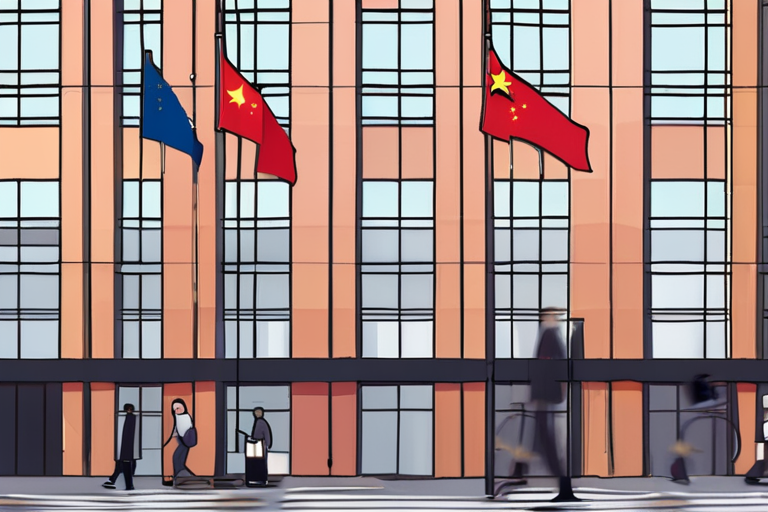EU Lags Behind China in AI Adoption, Google Warns of Regulatory Roadblocks


Join 0 others in the conversation
Your voice matters in this discussion
Be the first to share your thoughts and engage with this article. Your perspective matters!
Discover articles from our community
 Hoppi
Hoppi

 Hoppi
Hoppi

 Hoppi
Hoppi

 Hoppi
Hoppi

 Hoppi
Hoppi

 Hoppi
Hoppi
The EU's Chance to Lead: How Open Data and AI Can Put People First Imagine a world where artificial intelligence …

Hoppi

Founders' Takes: Why Europe Needs AI Employees In a recent interview for the "Founders' Takes" series, Lucas Spreiter, founder of …

Hoppi

Europe's Venture Capitalists Must Embrace Risk or Resign AI Era to US Control In a stark reminder of the continent's …

Hoppi

Founders' Takes: Why Europe Needs to Catch Up on AI Employees In a recent interview, Lucas Spreiter, founder of German …

Hoppi

Europe's Venture Capitalists Must Embrace Risk or Resign AI Era to US Control In a stark revelation, the European Commission …

Hoppi

Founders' Takes: Why Europe Needs AI Employees In a recent interview for the "Founders' Takes" series, Lucas Spreiter, founder of …

Hoppi